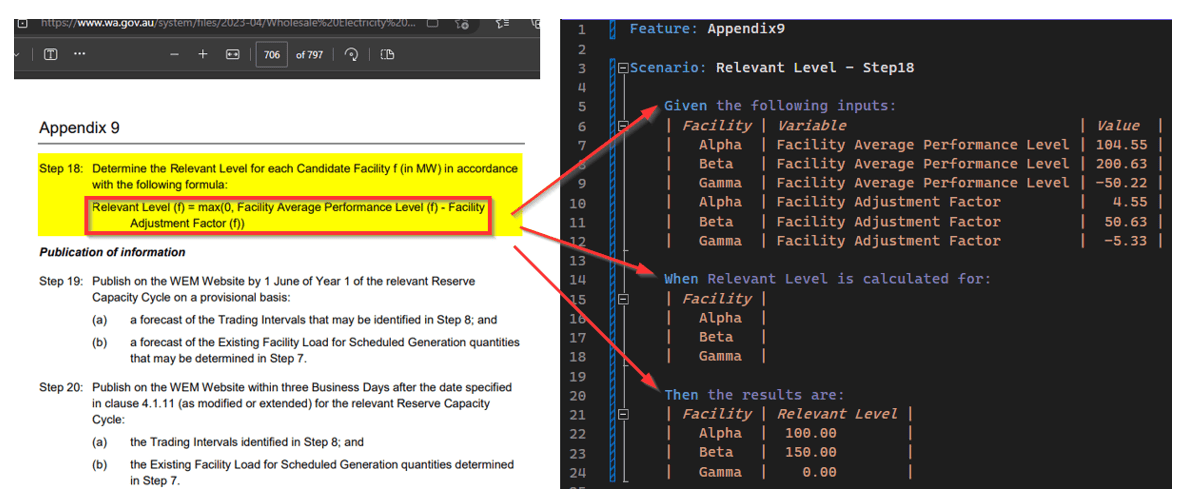
Andre Lou
Automated testing is an essential best practice in modern software development and for implementing market-rule-driven systems. It has helped PSC’s clients enhance the efficiency and accuracy of their testing and audit processes for market-rule certification.
The automated testing process offers numerous advantages over manual testing, such as increased speed, precision, and the ability to test many scenarios quickly. There are various types of automated testing: unit, integration, functional, performance, and user acceptance. Each testing type serves a distinct purpose in evaluating different software applications or system aspects.
Enhancing market systems: Advantages of automated testing
Automated testing has been widely used across different systems due to its benefits. A significant advantage is the ability to run an extensive set of scenarios to demonstrate that the design implementation aligns with the intent of the market rules. With market-rule scenarios:
- Auditors can easily access and evaluate the scenarios through a centralized location, which promotes transparency and efficiency for market operators and auditors.
- Different parties can rerun scenarios quickly, repeatedly, and independently, saving time and effort.
- The consistency of the systems’ behavior is improved, minimizing manual intervention and human error.
- Market operators and auditors can conveniently test the same systems and monitor updates directly from a unified repository through seamless integration with a secure code base.
- Scenarios can be scheduled and integrated into the continuous integration/continuous delivery (CI/CD) pipelines to run regression tests and identify new issues.
Automated test technology stack and framework
These tests can then be automated using a variety of programming languages (i.e., C#, Java, and Ruby) and certified using multiple technologies (i.e., SpecFlow, Selenium, and Cucumber).
| GIVEN | Identifies inputs |
| WHEN | Describes the process |
| THEN | Describes the expected scenario outcome |
The tests can be agnostic with the user’s choice of technology tools —a popular testing framework that creates and executes automated tests based on Behavior-Driven Development (BDD) principles. With SpecFlow, users can write test scripts in a natural language using the Given-When-Then format to describe the test scenario steps.
Achieving compliance: Managing market rule changes
When a new market rule arises, market operators can manage the different obligation timelines using toggles to easily apply a start and end date. Edge case scenarios can be designed to demonstrate behaviors during the transition period as the market rules change. These BDD principles prompt collaboration between market operators and auditors during the certification process and focus on the system’s behaviors so the software application meets the regulatory requirements.

Figure 1 Translating a Market Rule Section into an Automated Test Scenario Using Specflow
Learn more about PSC’s Market System Services and contact us to find out how we can help you transform software testing and delivery for your next project.
